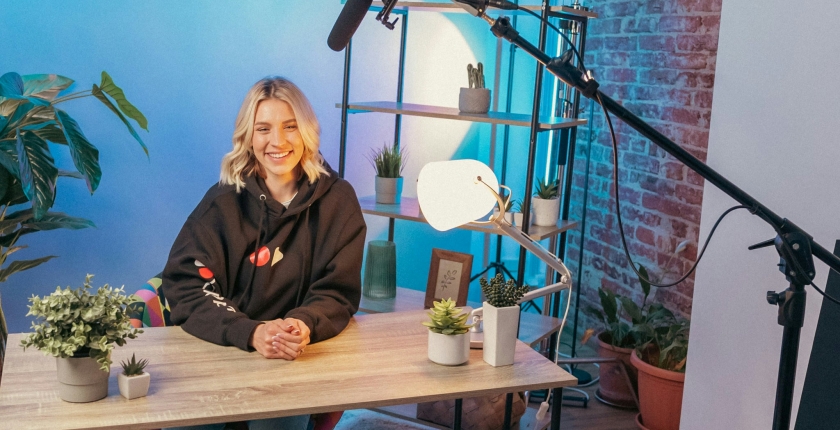How AI and Technology are Transforming Beauty Careers
The beauty industry has always been about creativity, artistry, and human touch. But in recent years, AI and technology have become game-changers—reshaping not only how consumers experience beauty but also how professionals build their careers. From hairstylists to makeup artists to salon owners, technology is opening up new opportunities and redefining what it means to work in beauty.
1. Virtual Try-Ons and AR Beauty Apps
Remember when clients had to imagine how a lipstick shade or hair color would look? Now, augmented reality (AR) apps let them try products instantly through their phones. Brands like Sephora and L’Oréal have built AR tools where customers can “try on” makeup virtually.
For professionals, this means:
-
Makeup artists can showcase looks digitally before applying them.
-
Hairstylists can use apps to show clients different colors or cuts risk-free.
-
Freelancers can build digital portfolios where clients preview styles before booking.
2. AI Powered Skincare and Personalised Recommendations
AI-driven tools analyse skin tone, texture, and conditions to recommend the right products. Some dermatology clinics and spas already use these devices to create custom skincare routines.
Career impact:
-
Beauticians can enhance their expertise with tech-backed diagnostics.
-
Skincare consultants gain credibility by using AI analysis tools.
-
Professionals who adapt can offer more personalized, premium services.
3. Smart Tools in Salons and Studios
From AI hairbrushes that measure hair health to robotic manicure machines, smart tools are making services faster and more precise.
What this means for beauty careers:
-
Professionals save time and focus more on artistry than manual tasks.
-
Training will include learning to operate advanced tools.
-
Salons adopting smart tech can stand out in a competitive market
4. Social Media Algorithims and AI Marketing
Technology isn’t just changing treatments—it’s transforming how beauty professionals market themselves. AI-driven tools now help with:
-
Content creation (automatic captions, video editing, and trend suggestions).
-
Reaching the right audience through smarter ad targeting.
-
Scheduling posts and analysing engagement.
For freelancers and salon owners, this means less time spent guessing and more focus on building a brand.
5. The Rise of Virtual Beauty Careers
Thanks to virtual reality and AI, some beauty professionals now work entirely online.
For example:
-
Virtual makeup artists design looks for avatars in gaming or the metaverse.
-
Beauty influencers earn from digital product collaborations and AR filters.
-
Online educators run courses globally without a physical studio.
The career possibilities are expanding beyond traditional roles.
6. Challenges and Opportunities Ahead
Of course, tech brings both opportunities and challenges.
-
Some fear automation could replace human touch.
-
Professionals must invest time in learning new tools.
-
But those who embrace innovation can stand out as leaders in a fast-changing industry.
Final Thoughts...
AI and technology aren’t replacing beauty professionals—they’re elevating what’ s possible. From personalised services to virtual careers, the future of beauty is about blending artistry with innovation.
For anyone in the industry, the key is to adapt, learn, and experiment. Technology may reshape how beauty is delivered, but the creativity, empathy, and artistry of professionals will always remain at the heart of the industry.
